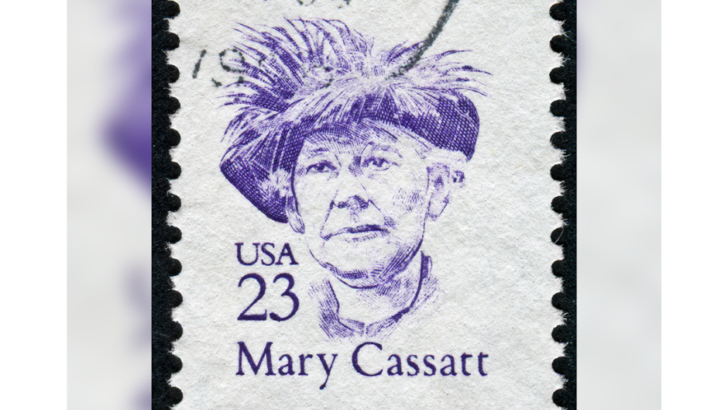It’s certainly a welcome development that Justice Minister Helen McEntee is to drop her proposed “hate speech” legislation. It would have led to all kinds of prying actions by the State into our private lives and opinions.
It would have been a harness on freedom of speech, and perhaps ideas. And since Catholic values are so unfashionable among the ruling elite today, Catholic opinions would have been the target of repression under the guise of banning “hatred”.
Principle
And yet the principle of deploring hated and “hate speech” is a perfectly decent one. It’s unkind and can be damaging to express “hatred” for any individual, and unjust to hold hatred for any group.
But the censure of expressions of hatred belongs in the category of manners and morals, not in the realm of law. And now that the State has backed off from the field, maybe the Church, as well as educators and families should step into the breach and discuss the harm that uncontrolled hatred of persons or groups can wreak.
Robust
We can hold robust opinions about politics, ethics, concepts, ideas, philosophies. We can detest the work of one thinker or another. We can loathe a politician’s action, or abhor the outcome of any given regime. We can say we deplore Donald Trump as a political figure, or loathe the values of Kamala Harris. But there’s a difference between playing the ball and playing the man (or woman). The personal hatred that is so often emitted in discourse today can be destructive and ugly.
There is a public conversation to be had about the ethics and morality of “hatred”, yes.
Manners once ordained that even if you loathed the sight of an individual you nevertheless maintained a veneer of treating them civilly. The French call this the “formule de politesse” – the formula of politeness that keeps society from falling apart.
But manners took a trouncing with a generation that rejected “bourgeois hypocrisy”. “Authenticity” replaced those politeness formulae.
And then along came the internet in which manners so often took a back seat. From some quarters, hatred was unleashed.
We know, from the study of history, how personalised hatred can foment prejudice and prompt persecution. So, yes, let it be condemned and disapproved of – through the medium of morality and the courteous use of restraint, not through the blunderbuss of the law.
The artistic eye of women
There’s been a lovely exhibition of women impressionist painters showing at Dublin’s National Gallery (ending on October 6).
Berthe Morisot, Mary Cassatt (who was American-born) Eva Gonzalès and Marie Bracquemond were all outstanding artists painting in France at the time of the first great exhibition of Impressionists in Paris in 1874.
The female Impressionists were perhaps gentler and more tender in their approach to their subjects than their male counterparts. And it’s noticeable how they brought children into their paintings more than male painters did. Children are portrayed doing all the normal things that young children do – Berthe Morisot often used her own daughter, Julie, as a model.
Mary Cassatt was unmarried and childless but had a delicate eye for babies, and the way their mothers comforted them. Eva Gonzalès approached portraiture of the young as a serious study in character – although she very sadly died in childbirth aged 33, so her work was limited (her baby survived and was raised by her sister.)
These women artists contributed, I think, to a perception of valuing babies and children as unique individuals, portrayed through the artist’s eye.
***
The annual dinner for pro-life education held at the President’s suite at the Aviva Stadium on September 20 was a very successful affair of nearly 600 people, (as reported in pages 16-17). There seemed to be so many attractive, glamorous young people in evening wear, and high spirits – as well as those of us of a mature vintage.
I’ve observed before that pro-life soirées often have an atmosphere of, literally, joie-de-vie: the purpose is hugely serious, but the attitude is one of celebrating life. The atmosphere was so genial and gregarious, with Wendy Grace doing MC, and Lucinda Creighton speaking.
I was an invitee of the boundlessly energetic Senator Rónán Mullen, and I happened to sit next to Maureen Kenny, a remarkable lady aged 93. We’re not related – Maureen is the widow of Ivor Kenny, a journalist I much admired, and connected to the Kennys of Galway, one of the most renowned bookshops and book suppliers globally.
Maureen is in the full of her health, and still does everything for herself, including baking her own bread. Despite suffering a tragic family loss recently, she goes on embracing life.
What was her first memory, back in her 1930s childhood? “Easter eggs”. That didn’t mean chocolate sweeties then – but the hens on her parents’ farm producing eggs at Eastertide.


 Mary Kenny
Mary Kenny
